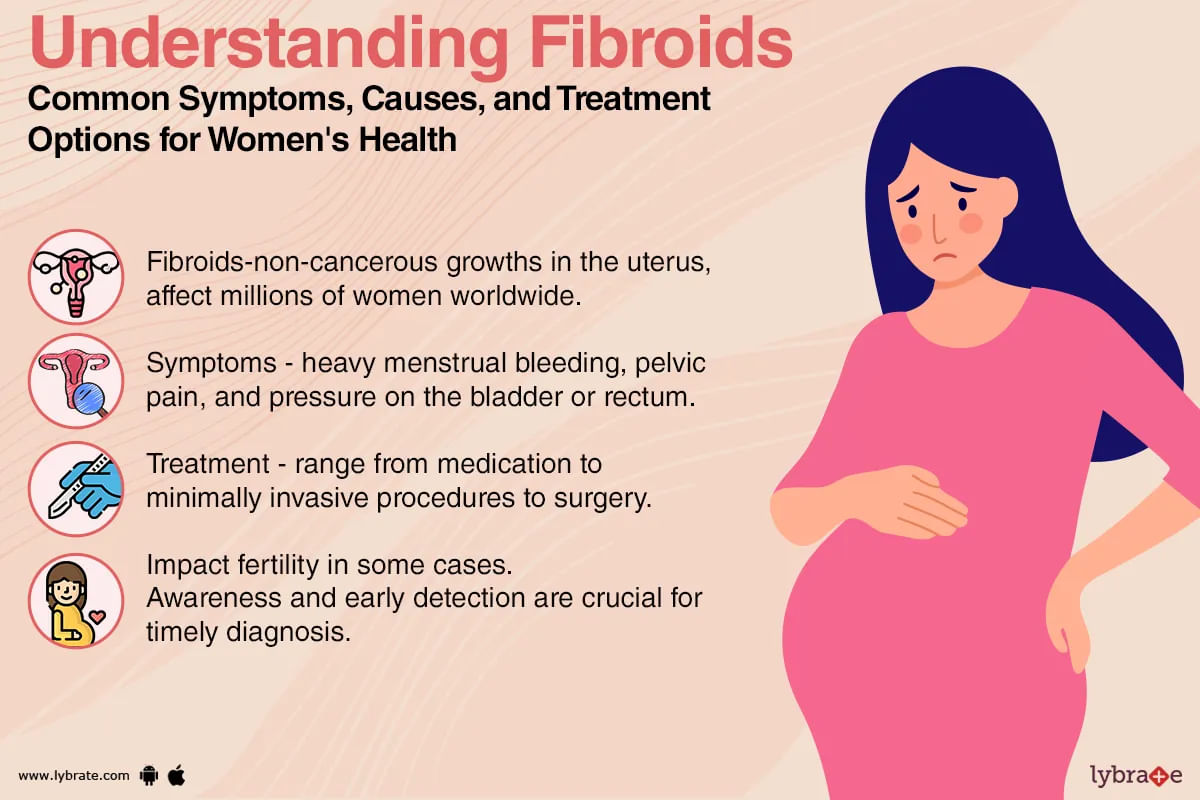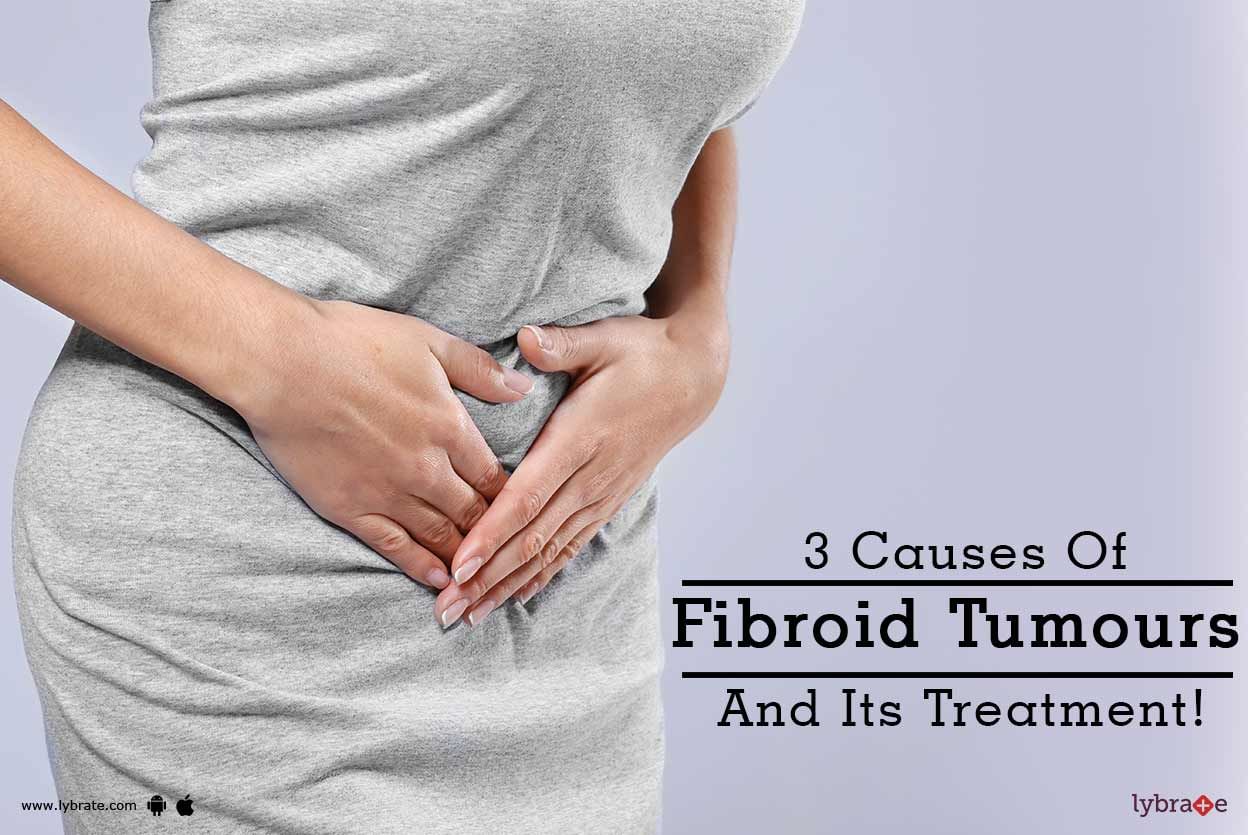Get the App
For Doctors
Login/Sign-up
About
Health Feed
Find Doctors
Health Packages
Uterine Fibroids Surgery Tips
Last Updated: 7 years ago• Featured Tip
Share
Bookmark
Report
What is a hysterectomy? This is a surgery that is used to remove the ovaries or even the uterus. This surgery is usually conducted in order to deal with the extreme conditions that may be caused by the severe onset of various conditions related to the reproductive system of women. Read on to find out why this surgery carried out and what are the after effects?
Causes: This surgery can be carried out for a variety of reasons. One of the main reason is the manifestation of uterine fibroid...more
Causes: This surgery can be carried out for a variety of reasons. One of the main reason is the manifestation of uterine fibroid...more
Last Updated: 2 years ago• Featured Tip
Share
Bookmark
Report
Pregnancy is the period in which an embryo is developed inside the womb of the mother. The normal period of pregnancy is nine months. The symptoms of pregnancy can be tenderness of the breasts, no periods, urine coming frequently, vomiting, nausea, hunger. But, sometimes during the pregnancy, fibroids are developed. The other name of fibroid is leiomyomas. Fibroids are the non-cancerous growth of the tumors inside the womb. The symptoms of fibroid during pregnancy can be wide...more
184 people found this helpful
Last Updated: 7 years ago• Featured Tip
Share
Bookmark
Report
Fibroid tumour is the abnormal cell growth in the uterus and they are mostly benign. Fibroids usually affect women in the age bracket of 30 - 40. Fibroid tumours are of three types, depending on their location:
Submucosal fibroids: The tumour develops under the lining of the uterus
Intramural fibroids: The growth is found amongst the muscles in the wall of the uterus
Subserosal fibroids: The growth develops on the wall of the uterus right in the pelvic cavity
Causes behind i...more
Submucosal fibroids: The tumour develops under the lining of the uterus
Intramural fibroids: The growth is found amongst the muscles in the wall of the uterus
Subserosal fibroids: The growth develops on the wall of the uterus right in the pelvic cavity
Causes behind i...more
Last Updated: 7 years ago• Featured Tip
Share
Bookmark
Report
Fibroid tumour is the abnormal cell growth in the uterus and they are mostly benign. Fibroids usually affect women in the age bracket of 30 - 40. Fibroid tumours are of three types, depending on their location:
Submucosal fibroids: The tumour develops under the lining of the uterus
Intramural fibroids: The growth is found amongst the muscles in the wall of the uterus
Subserosal fibroids: The growth develops on the wall of the uterus right in the pelvic cavity
Causes behind i...more
Submucosal fibroids: The tumour develops under the lining of the uterus
Intramural fibroids: The growth is found amongst the muscles in the wall of the uterus
Subserosal fibroids: The growth develops on the wall of the uterus right in the pelvic cavity
Causes behind i...more
Last Updated: 7 years ago• Featured Tip
Share
Bookmark
Report
Fibroid tumour is the abnormal cell growth in the uterus and they are mostly benign. Fibroids usually affect women in the age bracket of 30 - 40. Fibroid tumours are of three types, depending on their location:
Submucosal fibroids: The tumour develops under the lining of the uterus
Intramural fibroids: The growth is found amongst the muscles in the wall of the uterus
Subserosal fibroids: The growth develops on the wall of the uterus right in the pelvic cavity
Causes behind i...more
Submucosal fibroids: The tumour develops under the lining of the uterus
Intramural fibroids: The growth is found amongst the muscles in the wall of the uterus
Subserosal fibroids: The growth develops on the wall of the uterus right in the pelvic cavity
Causes behind i...more
Last Updated: 6 years ago• Featured Tip
Share
Bookmark
Report
Fibroids are benign (non-cancerous) tumours of the womb (uterus). They are also known as myomas. They are growths of smooth muscle and fibrous tissue. The size of fibroids can vary from as small as a pea to that of a melon. At least one in five women develop a fibroid at some stage of their life, usually between the ages of 30-50 years old.
Fibroids are named according to where they are found in the womb. There are three types:
Intramural fibroids are found in the wall of the...more
Fibroids are named according to where they are found in the womb. There are three types:
Intramural fibroids are found in the wall of the...more
Last Updated: 6 years ago• Featured Tip
Share
Bookmark
Report
Fibroids are non-cancerous growth that develop in the uterus in varying sizes. Fibroids do not usually show symptoms, but if they are large they may cause severe pain in the abdomen, heavy menstrual bleeding, bloating, infertility or complications during pregnancy. Several factors may lead to the formation of fibroids, including hormones, family history, and pregnancy.
What is myomectomy?
Myomectomy is the surgical procedure which is used for removing fibroids from the uterus. ...more
What is myomectomy?
Myomectomy is the surgical procedure which is used for removing fibroids from the uterus. ...more
Last Updated: 8 years ago• Featured Tip
Share
Bookmark
Report
A fibroid tumour is made up of muscle cells that have escaped and come together to create a knot or a mass in the uterus. These tumours can occur due to a family history and are usually known to occur for women patients nearing menopause. One of the most common symptoms is unusually heavy menstrual cycles. Let us walk you through the rest of the details.
Types: Fibroid tumours can be of three types, mainly depending on the location. While submucosal fibroids can be found just under the ...more
Types: Fibroid tumours can be of three types, mainly depending on the location. While submucosal fibroids can be found just under the ...more
Last Updated: 8 years ago• Featured Tip
Share
Bookmark
Report
A fibroid tumour is made up of muscle cells that have escaped and come together to create a knot or a mass in the uterus. These tumours can occur due to a family history, and are usually known to occur for women patients nearing menopause. One of the most common symptoms is unusually heavy menstrual cycles. Let us walk you through the rest of the details.
* Types: Fibroid tumours can be of three types, mainly depending on the location. While submucosal fibroids can be found just u...more
* Types: Fibroid tumours can be of three types, mainly depending on the location. While submucosal fibroids can be found just u...more
Last Updated: 8 years ago• Featured Tip
Share
Bookmark
Report
A fibroid tumour is made up of muscle cells that have escaped and come together to create a knot or a mass in the uterus. These tumours can occur due to a family history, and are usually known to occur for women patients nearing menopause. One of the most common symptoms is unusually heavy menstrual cycles. Let us walk you through the rest of the details.
* Types: Fibroid tumours can be of three types, mainly depending on the location. While submucosal fibroids can be found just u...more
* Types: Fibroid tumours can be of three types, mainly depending on the location. While submucosal fibroids can be found just u...more
Book appointment with top doctors for Uterine Fibroids Surgery treatment
View fees, clinic timings and reviews
Ask a free question
Get FREE multiple opinions from Doctors
posted anonymously





















